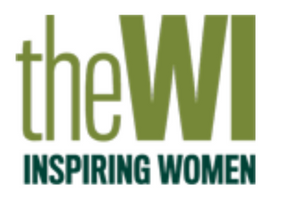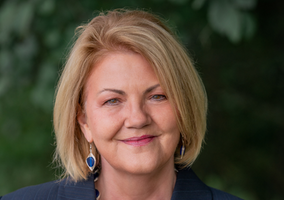The Women’s Institute (WI) has announced more generous parental leave for its 45 paid employees, which the charity says will mean it offers some of the best policies available.
After consulting senior staff and comparing its policies to 10 other charities – including women's organisations – the WI will now offer 52 weeks of paid maternity and adoption leave to its staff, including 20 weeks at full pay.
It will also offer 20 weeks of fully paid leave to partners, an increase from its previous policy of two weeks at “enhanced” pay.
Meanwhile, the charity has introduced neonatal baby leave, whereby staff whose children are born prematurely or need an extended stay in hospital receive an additional 12 weeks of leave at full pay.
WI’s announcement comes as a new legal requirement came into force this week which compels all employers to offer 12 weeks of neonatal care leave to eligible parents.
Karen Lake, the WI’s director of people and culture, said the charity’s maternity-based policies were already enhanced above statutory minimums but it wanted “to go even further” to support staff.
“These policies alongside our menopause and mental health policies, are part of our commitment to place staff wellbeing and organisational culture at the forefront,” she said.
“This also promotes our promise to support, strengthen, and empower women.”
Informed by parents
The WI, which has thousands of local member organisations run by volunteers across the country, said its new policies were informed by its employees’ experiences, including premature and neonatal birth.
“Many of our members are of the ‘sandwich generation’ – juggling careers and busy lives, whilst caring ‘up’ for elderly relatives as well as ‘down’ for children and teens,” a spokesperson said.
“Given too, the ever-increasing costs of living, we wanted to ease the financial pressures and burdens particularly associated with maternity leave.
“We know, again from the experiences of colleagues, that this can be a particularly difficult time financially, as well as emotionally and physically.”
Related articles












